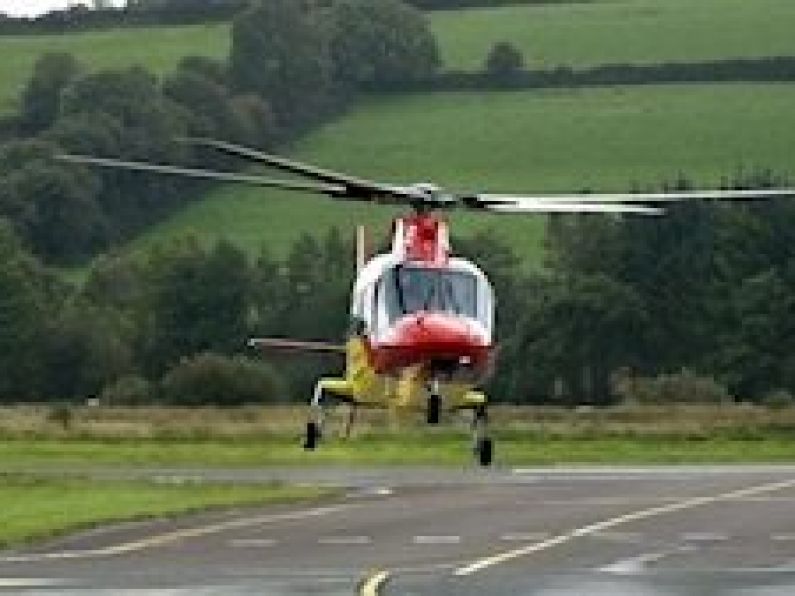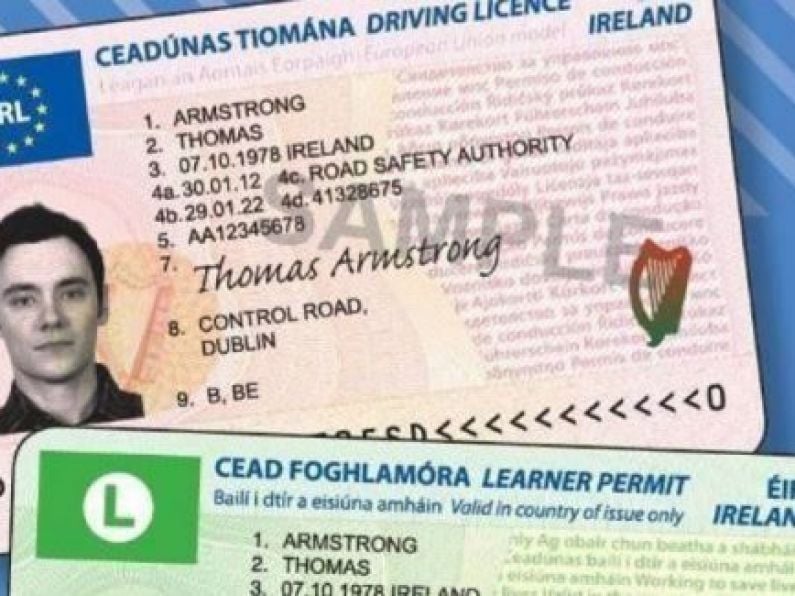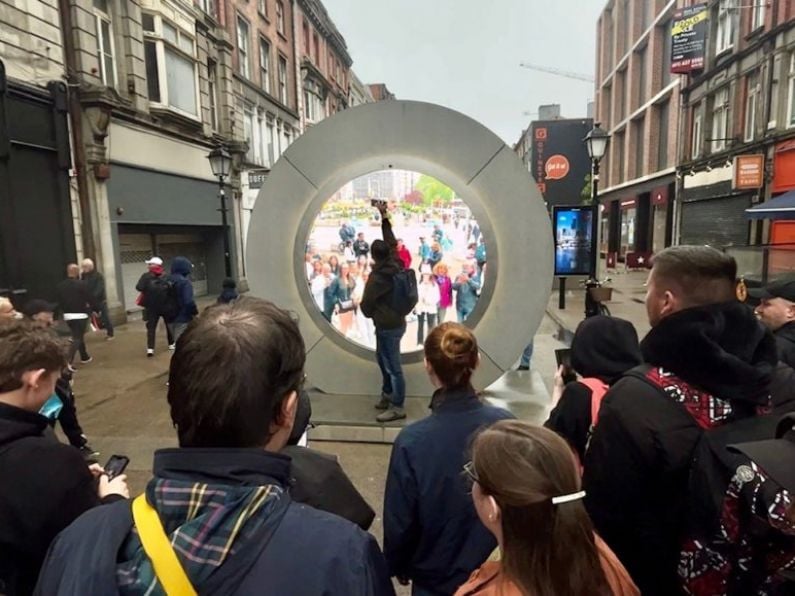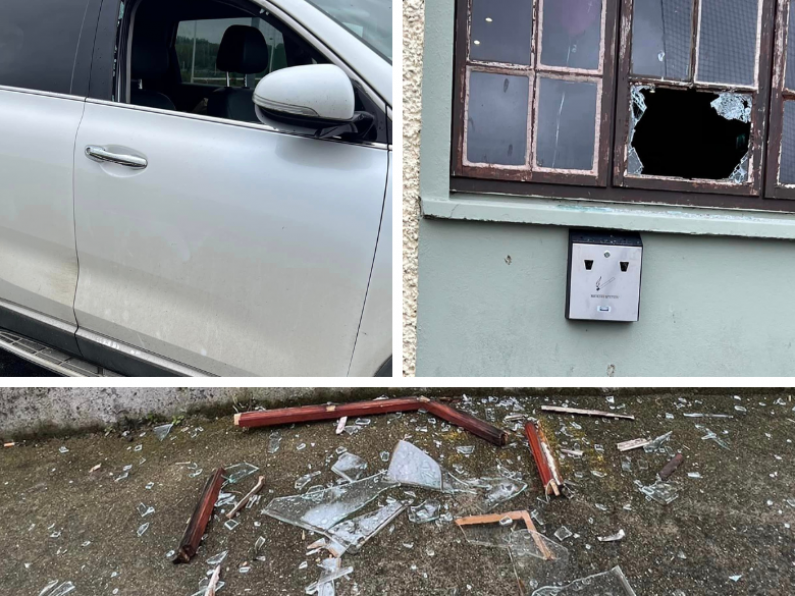The Irish Association for Emergency Medicine (IAEM) has raised concerns about Ireland’s first community air ambulance.
The country’s first charity air ambulance landed in Kerry on Friday and will officially enter full-time daylight hours next month.
The service will cost €2m a year to run and is to be funded through community and donor contributions.
It will have an advanced paramedic and an emergency medical technician (EMT) leading the medical care.
However, the IAEM is worried about the staffing of the service, saying: "This crew configuration will not have the necessary skills or scope of practice to meet the emergency needs of the most seriously ill or severely injured in our communities. IAEM seeks a helicopter emergency medical service (HEMS) that meets international best practice and is staffed by a doctor/paramedic team.
"This is the accepted model of HEMS staffing in the United Kingdom, mainland Europe, and Australia and is supported by a significant body of scientific evidence showing optimal patient safety and clinical outcomes."
The air ambulance is expected to respond to up to 500 calls per year and bring the population of a 10,000 square mile area within 20 minutes of critical medical care.
The association has said that there is the necessary staff available in Ireland to crew the new service.
They said: "Despite a national shortage of hospital consultants in Ireland, IAEM understands that there are a number of specialist-trained helicopter emergency medical service (HEMS) doctors who have returned from overseas fellowship training and are working in Ireland.
[quote]These doctors have expressed a willingness to work with this service. [/quote]
"Moreover, a number of trained Irish consultants in Emergency Medicine and Critical Care Consultants, currently working overseas, may well be encouraged to return home and work in our hospitals with a part-time HEMS clinical commitment. "






